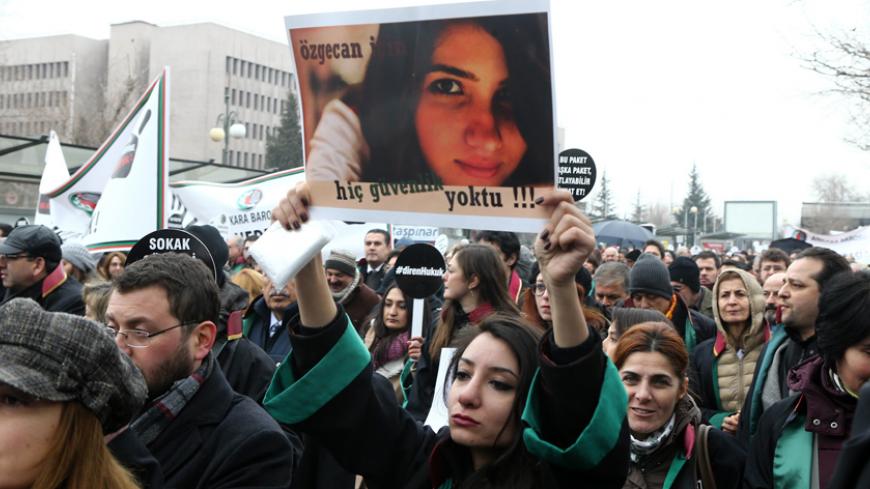About two weeks ago, a middle-aged man, hands full of bags, addressing me by name and politely asked my permission to sit beside me in the Istanbul metro. He appeared to belong to a lower-middle class segment of society. He asked me whether we could have a conversation until the next stop and without waiting my response, he began with a question: "Where are we heading to?"
"We," used in our daily Turkish conversation with political content, means Turkey, our country. Turks have a sense of collective identity in employing the word “we” as a synonym of the name of our country.


